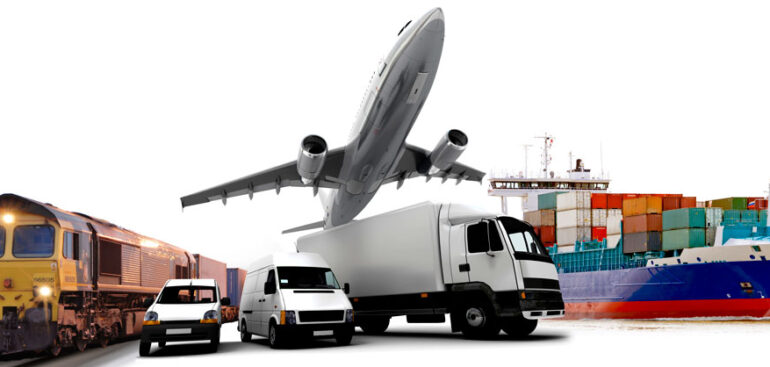In the world of global logistics, precision and reliability are the cornerstone of success. Every day, companies face a myriad of challenges in delivering goods across vast distances, navigating through complex supply chains, and overcoming logistical hurdles. To ensure the seamless movement of goods, it is essential to have a robust strategy that addresses these challenges head-on. One of the foremost challenges in global logistics is the sheer complexity of supply chains. With suppliers, manufacturers, distributors, and retailers scattered across the globe, coordinating the flow of goods can be a daunting task. Each step in the supply chain presents its own set of challenges, from sourcing raw materials to delivering finished products to the end consumer. To overcome this complexity, companies employ sophisticated supply chain management systems that track inventory in real-time, optimize routes, and streamline processes. These systems provide visibility into the entire supply chain, enabling companies to make informed decisions and respond quickly to changes in demand or disruptions. Another significant challenge in global logistics is transportation. Moving goods from one location to another involves a multitude of transportation modes, including ships, airplanes, trucks, and trains.

Each mode of transportation comes with its own set of challenges, such as congestion, weather delays, and regulatory requirements. For example, shipping goods by sea is often the most cost-effective option for long distances, but it can be susceptible to delays caused by adverse weather conditions or port congestion. On the other hand, air freight offers speed but at a higher cost. To navigate these challenges, companies must carefully select the most appropriate transportation mode based on factors such as cost, urgency, and reliability. Furthermore, regulatory compliance poses a significant challenge in global logistics. With different countries having varying import/export regulations, customs requirements, and documentation standards, ensuring compliance can be a complex and time-consuming process. Failure to comply with regulations can result in delays, fines, or even the seizure of goods. To mitigate this risk, companies invest in compliance management systems that automate the process of verifying and documenting compliance with regulatory requirements.
Moreover, the Logistics Service Company has introduced unprecedented challenges to global logistics. Lockdowns, travel restrictions, and disruptions to manufacturing have severely impacted supply chains worldwide. Companies have had to adapt quickly to these changes, implementing contingency plans, diversifying suppliers, and finding alternative transportation routes. The pandemic has highlighted the importance of agility and resilience in global logistics, prompting companies to reevaluate their supply chain strategies and invest in technologies that enable real-time visibility and collaboration. In conclusion, navigating the challenges of global logistics requires a combination of precision and reliability. By employing sophisticated supply chain management systems, carefully selecting transportation modes, ensuring regulatory compliance, and adapting to changing circumstances, companies can overcome these challenges and deliver goods with efficiency and effectiveness. In an increasingly interconnected world, the ability to navigate global logistics with precision and reliability is not just a competitive advantage but a necessity for success.